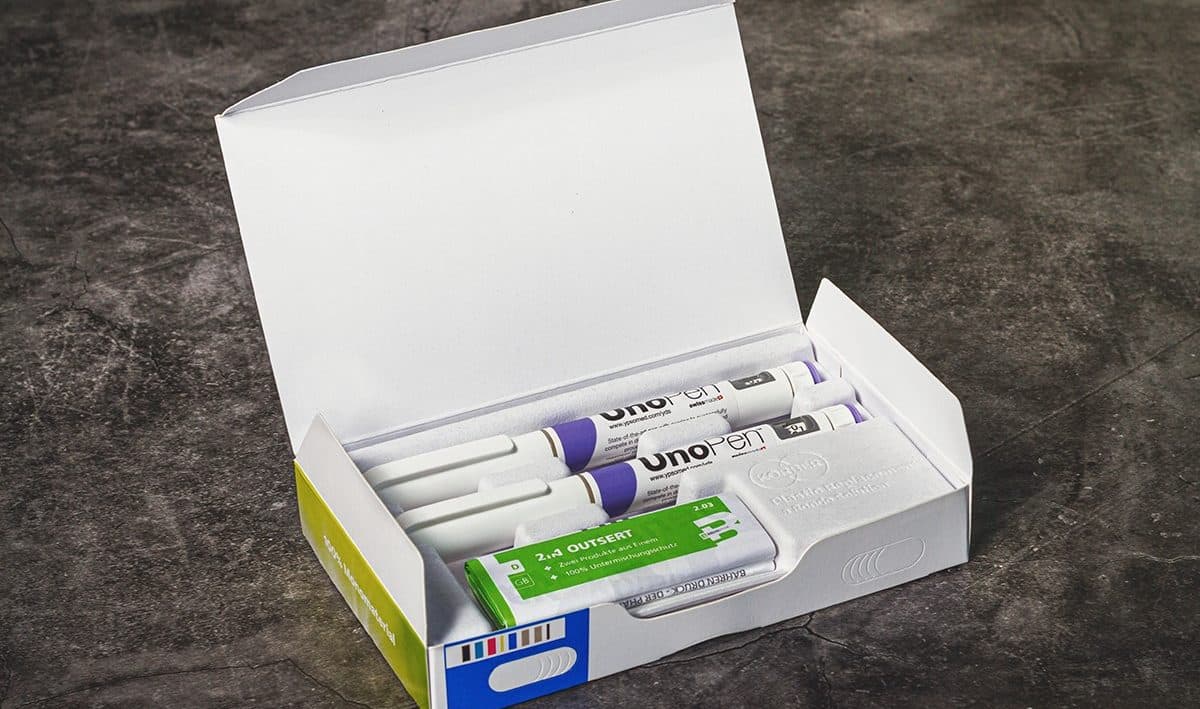Sharp recently announced that we have joined the United Nations Global Compact (UN Global Compact), along with more than 20,000 other organisations across all industry sectors across the globe.
So, what does this mean for Sharp? And what makes it such a significant milestone for our organisation? Hywel Woolf, Sharp’s Global Sustainability Manager explains.
Joining the United Nations Global Compact, along with Sharp’s recent commitment to Science Based Targets initiative (SBTi)is an important part of our sustainability strategy. Our membership demonstrates Sharp’s commitment to aligning our operations and communicating our progress in line with the highest standards of ethical conduct, environmental stewardship, and social responsibility. We simultaneously acknowledge that we have much work to do in each of these areas, but commitment to the principle of transparency and accountability as we progress.
About the UN Global Compact
As a special initiative of the UN Secretary-General, the United Nations Global Compact is a call to companies everywhere to align their operations and strategies with ten universal principles in the areas of Human Rights, Labour, Environment and Anti-corruption, and to act in support of UN goals.
With more than 20,000 companies based in over 160 countries, and more than 60 Global Compact Country Networks, it is the largest corporate sustainability initiative in the world.
Why This Matters for Sharp
Becoming a member of the UN Global Compact is a declaration of our commitment to integrating these principles into the fabric of our business. We intend to operate in a manner that aligns with the expectations of our customers, our colleagues, and the communities in which we operate. As part of our membership, Sharp will also communicate our progress annually across a set of ten principles in the areas of human rights, labor standards, environment, and anti-corruption. to ensure we are accountable about our progress.
Clarity of action
The UN Global Compact offers Sharp a framework of action that will help guide our organisations sustainability strategy overall, from concept through to implementation. This journey is not just about compliance with a global standard; it’s about making a meaningful impact on the world around us.
By aligning to the ten principles, will demonstrate our commitment to ethical business practices and contribute to a more sustainable future through:
- Ethical sourcing: Ensuring that materials and components used in packaging are sourced responsibly and sustainably.
- Environmental sustainability: Implementing measures to reduce the environmental impact of packaging, such as using recyclable materials, minimizing waste, and reducing carbon emissions.
- Labor rights: Adhering to labor standards and ensuring that workers’ rights are protected.
- Human rights: Respecting human rights throughout the supply chain and demanding that our suppliers to do the same.
- Anti-corruption: Implementing measures to prevent and combat corruption within the company and its supply chain.
We are excited to work alongside other global leaders in sustainability, sharing knowledge, collaborating on solutions, and driving change within our industry.
References and further reading:
1. United Nations Global Compact homepage: https://unglobalcompact.org/
2. The Sustainable Development Goals explained: https://unglobalcompact.org/sdgs/about





